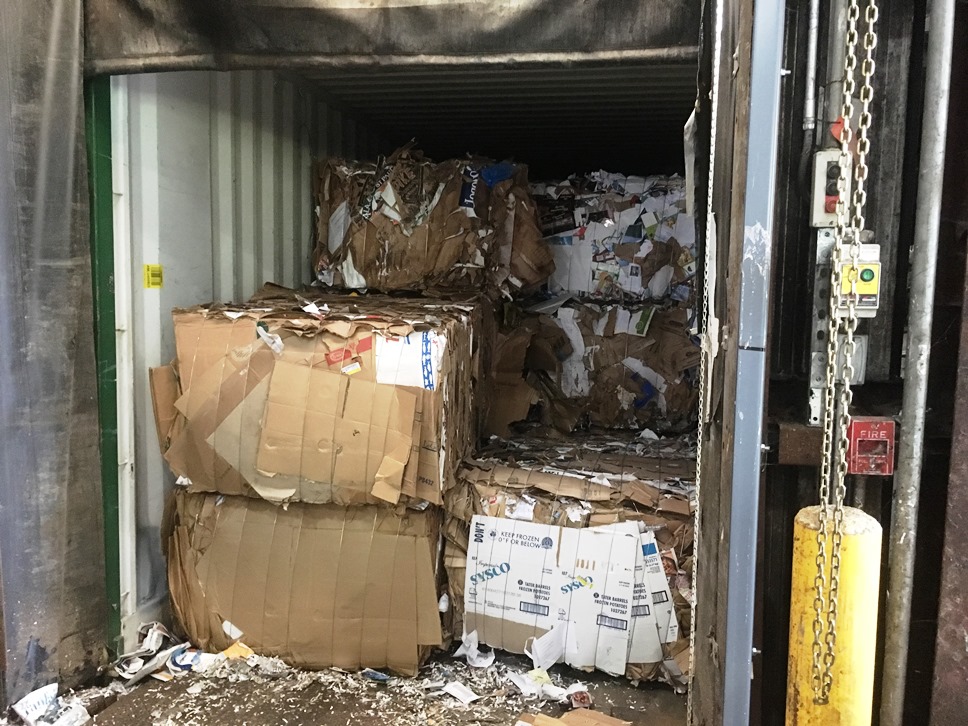
Food trucks, reducing plastic bag use, recycling in general, and increasing problems with people who are homeless or abusing substances were all topics of discussion during Thursday’s regular Ketchikan City Council meeting.
Food trucks are currently not allowed on public property in the city. But, there’s been a push for the city to revisit that regulation. Council Member Lew Williams III said he recalls when food trucks initially were banned.
“What I can recollect is we got a lot of blowback from the guys that were running their burger shops and stuff, and paying rent and having to build,” he said. “If I remember right, there was a little contention between those two.”
He and other council members agreed there also had been a problem with location, and that remains a primary concern. Where could food trucks set up and not block access? They agreed they would like the issue to move forward.
Because it involves zoning and parking, though, the council agreed to send the topic to the borough and city’s Cooperative Relations Committee for discussion.
Recycling and reducing plastic bags were discussed together, but no action was taken. There was general agreement about reducing plastic use. However, Council Member Dave Kiffer said a complete ban might not be practical in a place that rains a lot and sees lots of tourists.
“Our visitors are not going to bring multiple bags with them. It’s raining. I’m going to put a book in a paper bag? How far is it going to get?” he said.
Kiffer owns a bookstore downtown.
Council Member Janalee Gage said there are options. For example, stores could sell inexpensive reusable bags.
Recycling initially was brought up during public comment. Joey Fama said many people in the community want to recycle more, but don’t know what the city’s landfill accepts. Fama added that he would be willing to pay more to be able to recycle more items, such as plastic.
Currently, the landfill accepts corrugated cardboard, aluminum and glass for recycling.
Council Member Dick Coose suggested that the council ask Solid Waste Supervisor Lenny Neely about recycling opportunities and challenges. The council agreed to have staff bring back more information.
During his report to the council, City Manager Karl Amylon announced that the city has been experiencing increasing problems with two groups downtown: people who are homeless and people who have substance abuse problems.
He said the city already is spending considerable funds securing areas where those groups tend to gather.
“That may have to be expanded,” he said. “We’re also probably going to have to start considering night security staffing at one or more of our facilities in the downtown area where these populations tend to congregate. Or alternatively have to install means to prevent those populations from getting near those buildings.”
The council talked about forming a task force to look into solutions. They also discussed the potential for a new shelter at the site of the former Bawden Street Apartments.
Also Thursday, the council agreed to spend about $527,000 to continue renting four backup diesel generators through September. The city has been relying on mostly diesel power for months because of the ongoing drought in Southeast Alaska.
In other matters, the council agreed to contribute $20,000 toward the borough’s Community Tourism Strategy Project. That project will explore sustainable tourism for Ketchikan.
Because the Fourth of July holiday falls on the regular meeting day for the council, the next meeting will instead be on July 8.





